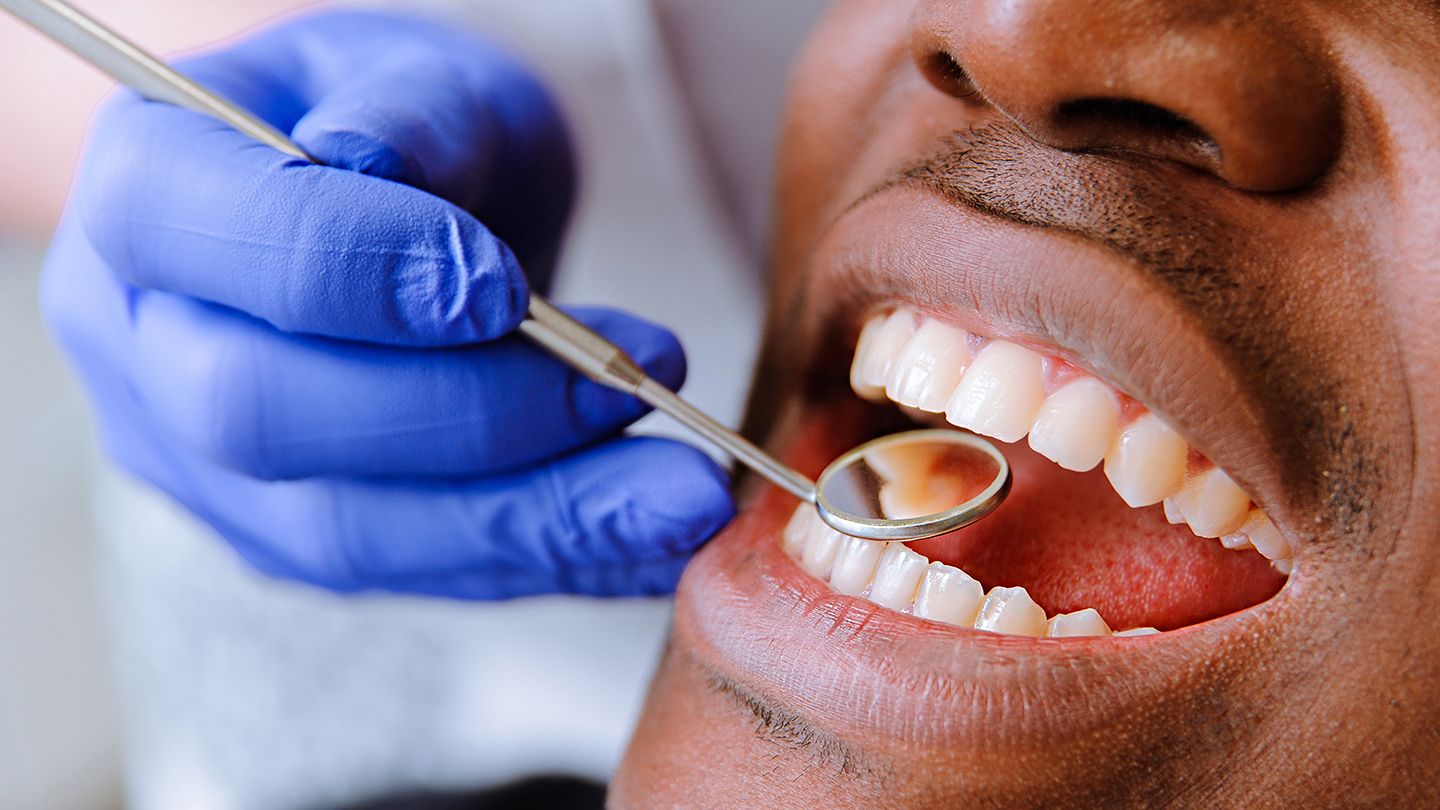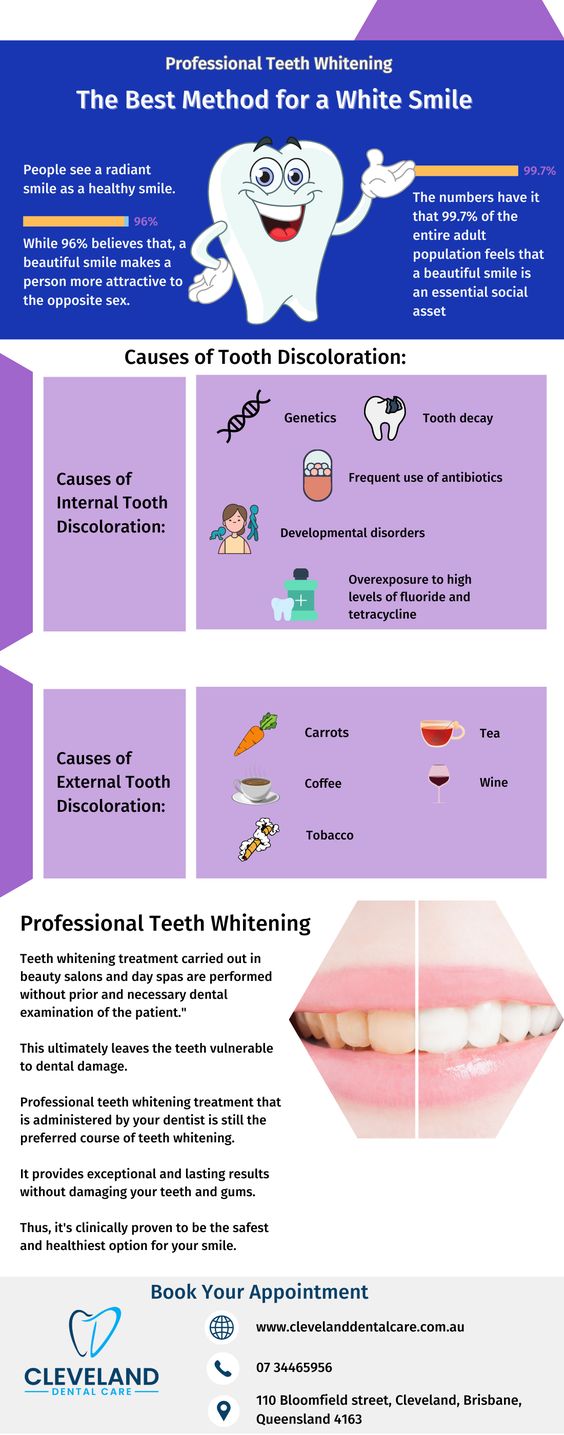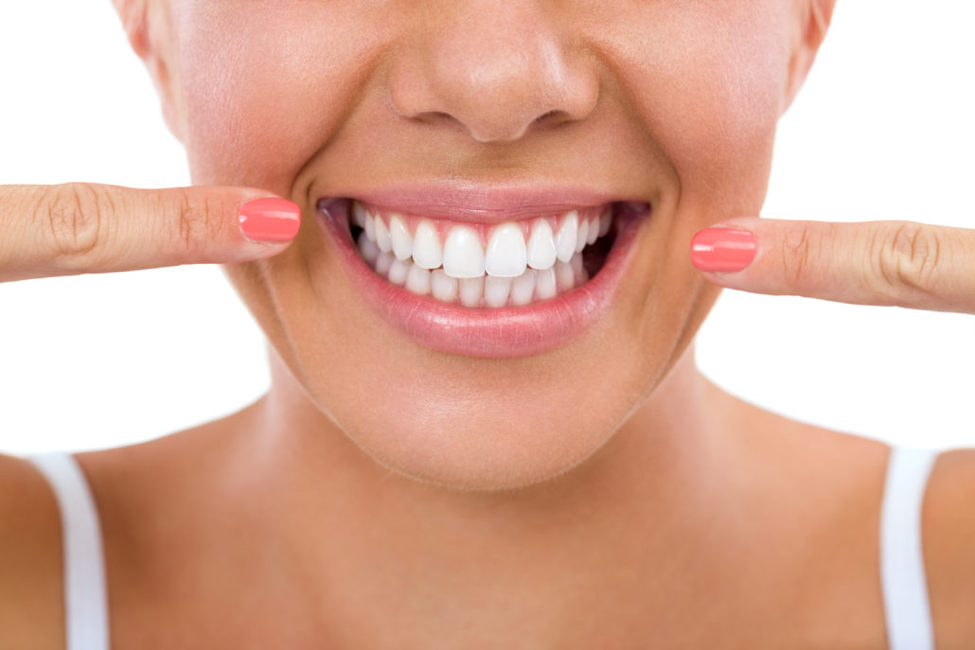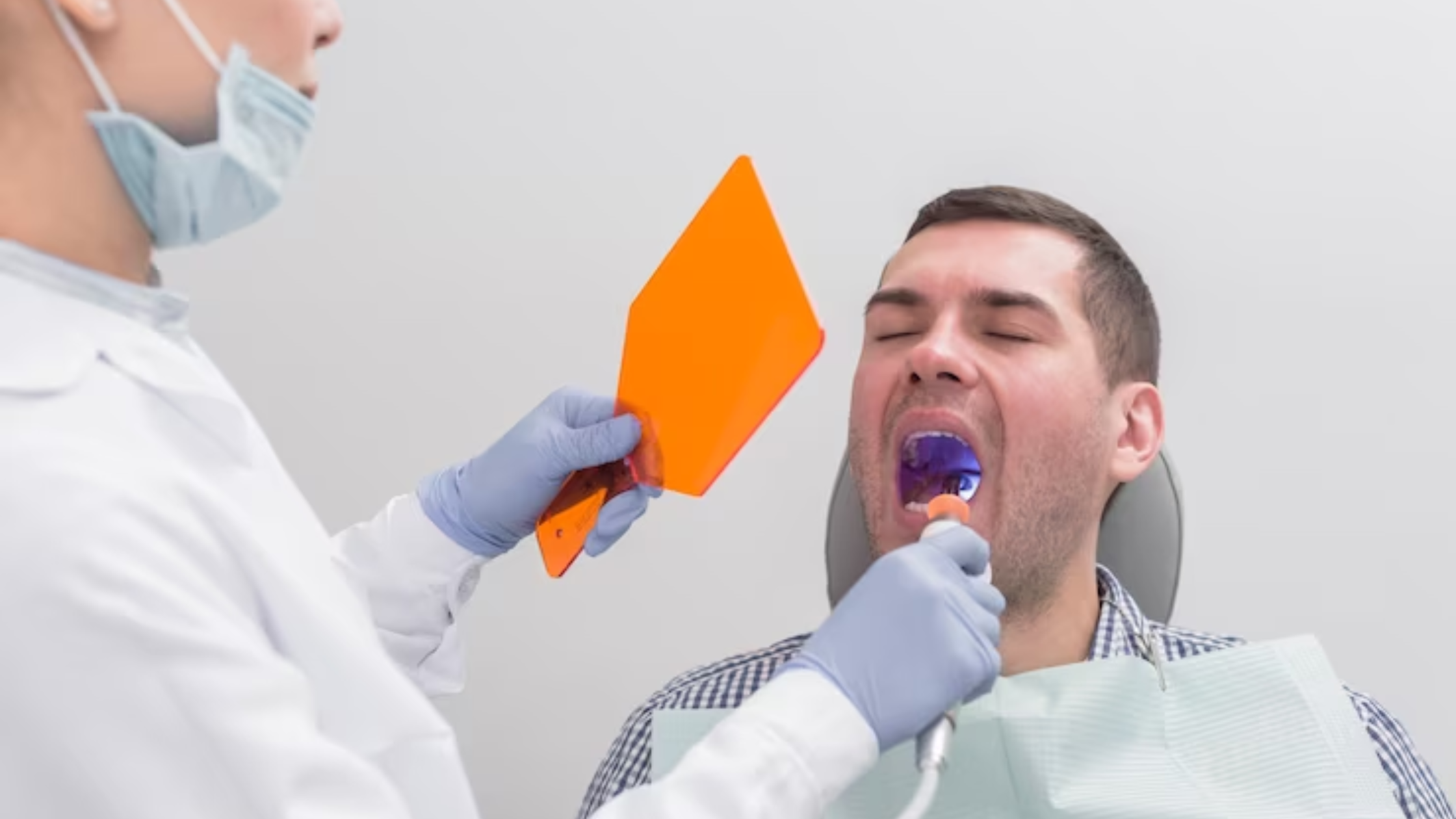The people who have the worst oral health are typically individuals who are less fortunate financially, don't have insurance, and belong to racial or ethnic minorities. Poor dental health is also more likely among those who are hospitalized, homebound, or disabled (such as elderly people who reside in nursing homes). Smokers 50 years of age and older are also less likely to receive dental care than non-smokers. Because they lost their benefits upon retirement and the federal Medicare programme does not cover normal dental treatment, many elderly people lack dental insurance. Hire the best Root Canal Specialist in Berwick today.
Our capacity to eat, speak, smile and express emotions is impacted by our oral health. Additionally, a person's oral health has an impact on their self-worth, academic achievement, and attendance at work or school. Millions of people experience pain and impairment due to oral disorders, which can range from gum disease and cavities to oral cancer, and they cost taxpayers billions of dollars annually. Before getting to know more about oral hygiene, you should know what are the five basics of oral health. Read through to know more!
Five Basic Rules In Order To Maintain Good Oral Health
It's better to keep instructions clear while giving them. You have a greater chance of keeping up with everything if there are fewer details to recall. It's the same with regard to your smile as well. If you want to maintain the finest possible dental health, you don't need to know a lot. When you do, everything will be impacted, including your social life and overall health. If you want to know what are the five basics of oral health, the following are the guidelines you need to follow.
- Choose Flossing: No matter how well you brush, it is impossible for the toothbrush to reach two important places where periodontal disease thrives: between your teeth and behind the gum lines. Unfortunately, most individuals dislike flossing and feel it to be a laborious task. Consider putting floss picks in your desk drawer, or car, or ditching your floss completely in favour of a water flosser to make it easy. According to research, water flossing might be even more effective than regular string floss in destroying harmful germs.
- Buying Electric Toothbrush Is Worthy: Attempt to keep in mind that you get what you pay for. An inexpensive, disposable brush with stiff bristles will not be as effective or kind to your teeth and gums as a higher-quality, soft brush. There are certain people who inherently have more plaque and tartar growth on their teeth. Cleaning along curves is best done with a soft-bristled brush to prevent harsh bristles from skipping over these regions. However, an electric toothbrush is ideal. The bristles' countless more strokes can effectively remove tiny debris that is invisible to the human eye.
- Quitting Certain Beverages: What do you drink all day long? What is your favourite creamer to flavour coffee with? midday soda that isn't sugary? At breakfast, juice? At the gym, a sports beverage every night? These drinks all include sugars, both natural and synthetic, which can damage your dental enamel. Actually, relative to soda, sports drinks are more acidic for teeth. Staying hydrated with water is a healthier alternative. Water is often all you need unless you're a pro or elite athlete.
Also, when you drink it, it rinses out excess acids and germs, cleaning your teeth. It's better to stay with tap water when choosing what to drink. The number of vitamins and minerals in tap water is controlled, and fluoride for healthier teeth and bones is one of them. Most bottled waters don't and some even have a pH that is somewhat acidic, which is bad for enamel.
- Taking Special Care Of Gums: For many years to come, your gums will be what keeps your teeth in place. The bone structure below them will also get an infection if they do. Gingivitis symptoms, such as bleeding or swollen gums, should be treated very once in order to prevent dental disease from developing. Make it a point to carefully brush your gums each day. To avoid catching the gum tissue while going to the next tooth, be sure to wrap the floss tightly around the tooth and glide it merely up and down under the gums. When using a water flosser, slant the jet of water downward at a 45-degree angle as you trace the gumlines. It's okay if your gums bleed or are sensitive for the first several days. Whenever symptoms persist for more than two weeks, a dentist should be consulted.
- Visit Dentist Once In Every Six Months: Visiting your dentist often for preventive cleanings, tests, and diagnostic X-rays to spot small concerns during their early development phases is the greatest method to prevent major dental problems. Such actions can keep issues manageable and more moderately priced to address. By putting off checks, deterioration or oral infections only become severe conditions requiring extensive care.
Oral Health Problems That You Are Prone To
If you are ignoring what are the five basics of oral health, you are going to be prone to various oral health issues. Additionally to probable tooth movement, aggressive indicators of infection include foul breath and receding gum lines. At this stage, your general health may also be at threat along with your smile. The following are the oral health disorders you are prone to:
- Gum diseases
- Tooth loss
- Oral cancer
- Chronic diseases
- Untreated tooth decay
In order to avoid all these, follow these basics of oral health and stay healthy! If you want to know 5 Things To Know About Caring For Your Tooth After A Root Canal than you can contact our experts.
Follow Us More On Social Media: Youtube, Pinterest, Facebook, Twitter
Check Our Customer Reviews: Word Of Mouth

 Affinitel
Affinitel 








